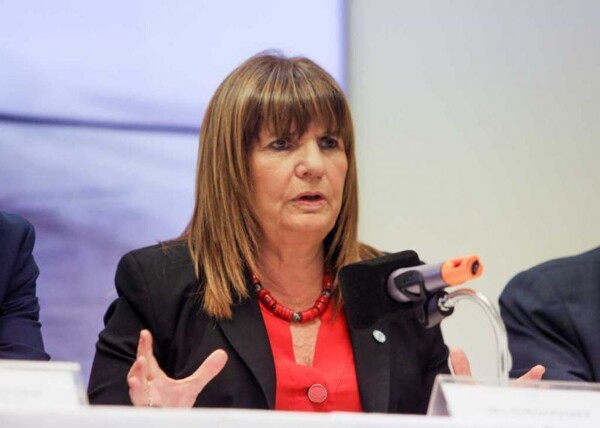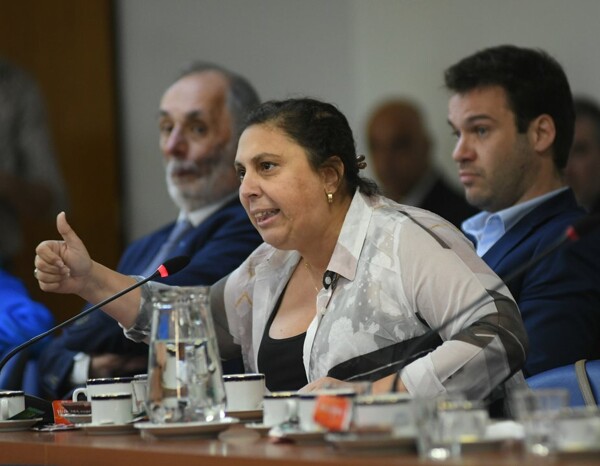
Yesterday, three hearings took place where the Government of La Libertad Avanza was accused of the defunding and neglect of social policies, also discussing policies of memory, truth, and justice, as well as the abandonment of programs aimed at eradicating gender violence and promoting reproductive health in the country.
From the Government, the Secretary of Human Rights, Alberto Baños, presented a 13-page report to refute these accusations. According to Baños, in the area of food, the Ministry of Human Capital, led by Sandra Pettovello, has executed 82.43% of the budget allocated for food policies, increasing the amount of the Universal Child Allowance (AUH) and the Food Benefit.
Additionally, the Inter-American Commission on Human Rights (IACHR) was requested to visit Argentina and prepare a report on the situation of human rights in the country. Various organizations, including the Union of Workers of the Popular Economy (UTEP), the Center for Legal and Social Studies (CELS), and Women in Informal Employment: Globalizing and Organizing, reported the government of Javier Milei for the alleged destruction of social policies.
During the hearing, Alejandro Gramajo, general secretary of the UTEP, stated: "For us, the Government of La Libertad Avanza represents a plan of planned misery, a plan for social extermination, and a major humanitarian crisis." It was explained that these measures aim to guarantee the basic food basket for children and adolescents, extending coverage to more than 600,000 previously excluded adolescents.
During the hearing, social and political organizations requested the IACHR to urge the Argentine state to fulfill its obligations to not regress in the formulation of the annual budget and in the definition of fiscal policies, in order to ensure the rights to adequate housing, proper nutrition, and health for the most vulnerable communities.














